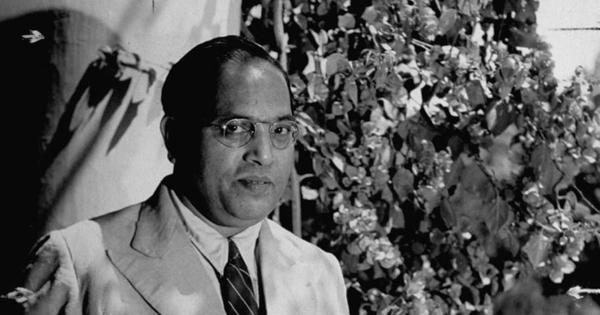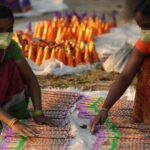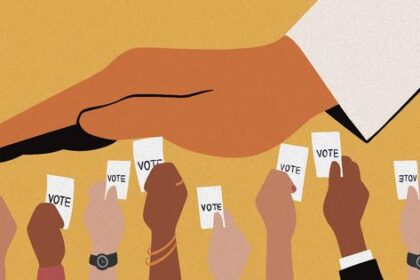Exploring the formative experiences of BR Ambedkar and the mentors who impacted his life.
BR Ambedkar, known for his significant contributions to Indian society, experienced a transformative childhood that was marked by the influence of his teachers. One notable figure was a Brahmin teacher who took a special interest in young Bhim. This teacher, whose surname was Ambedkar, was known for his kindness and generosity. On certain days during recess, he would share his meals with Bhim, offering him boiled rice, rotis, and vegetables from his lunchbox. This act of kindness was not just a gesture of goodwill; it had a lasting impact on Bhim’s identity. While Bhim’s father was Ramji Sakpal, Bhim derived his surname Ambavadekar from his native village, Ambavade. The teacher’s affection led him to change Bhim’s name to Ambedkar in the school records, which solidified that name in Bhim’s life.
Bhim was a diligent student, thriving in an environment that allowed him some freedom to explore his interests. He had a brief passion for gardening, spending his pocket money on seedlings and plants. However, his curiosity also led him to skip classes to tend to cattle and goats. In a bid to earn money for a trip to Bombay, he attempted to steal from his aunt’s purse. After several failed attempts, he finally succeeded, only to discover there was hardly any money. This incident caused him significant shame and prompted a pivotal decision. He resolved to abandon his truant habits, focus on his studies, and strive for independence.
This commitment to education marked a new chapter in Bhim’s life. His family later moved to a chawl in Lower Parel, Bombay, where they lived among mill workers. By this time, Bhim’s sisters had already settled in Bombay with their families. He enrolled at Elphinstone High School, one of the city’s leading institutions. Despite the challenges of studying in a cramped one-room tenement filled with household items and noise, Bhim’s determination remained unshaken. He would wake up at two in the morning to study under a kerosene lamp, driven by his ambition to succeed.
However, the school environment presented its own set of challenges, particularly regarding caste discrimination. One incident highlighted this reality when Bhim was called to the blackboard to solve a mathematical problem. Caste-Hindu boys removed their lunch boxes from behind the blackboard, as they believed that Bhim’s touch would pollute their food. Such humiliations were commonplace, and Bhim was also barred from studying Sanskrit, the language associated with the Vedas. Instead, he was forced to learn Persian, a decision that frustrated him. Years later, he would take it upon himself to study Sanskrit with the help of a tutor, recognizing its importance as a repository of cultural and philosophical knowledge.
Despite the prevailing caste prejudices and the hurdles he faced, Bhim’s hard work and his father’s encouragement led him to pass the Matriculation Examination in 1907. This achievement was celebrated within his community, marking a significant milestone for a Mahar family. A meeting was held in his honor, attended by social reformers like SK Bole and KA Keluskar, the latter of whom gifted Bhim a book titled Life of Gautama Buddha. This work would later resonate deeply with Ambedkar, as he sought inspiration from Buddha’s teachings to guide his own path and uplift his people.








